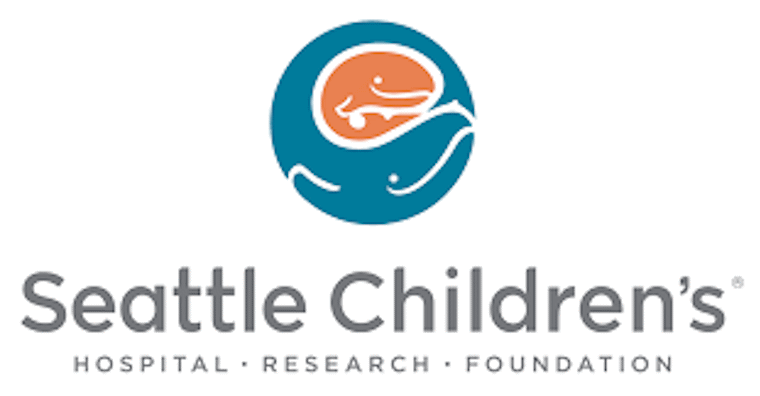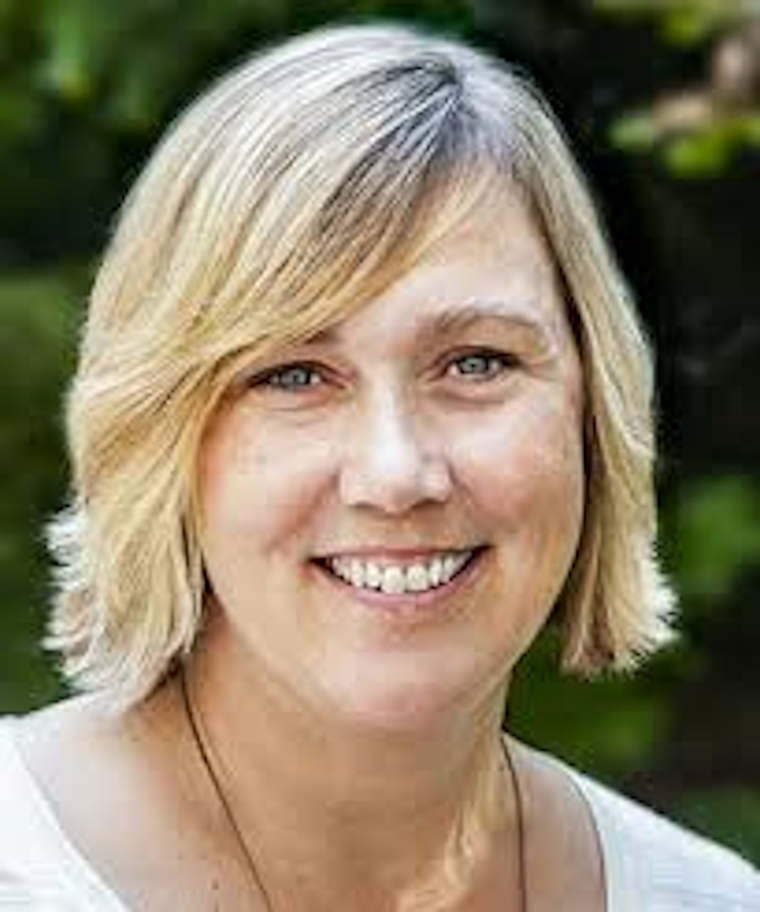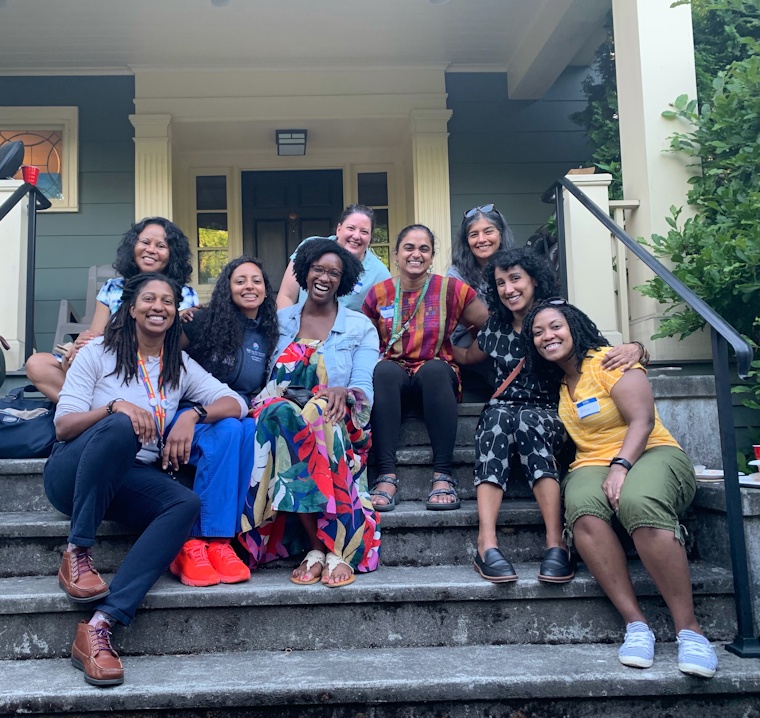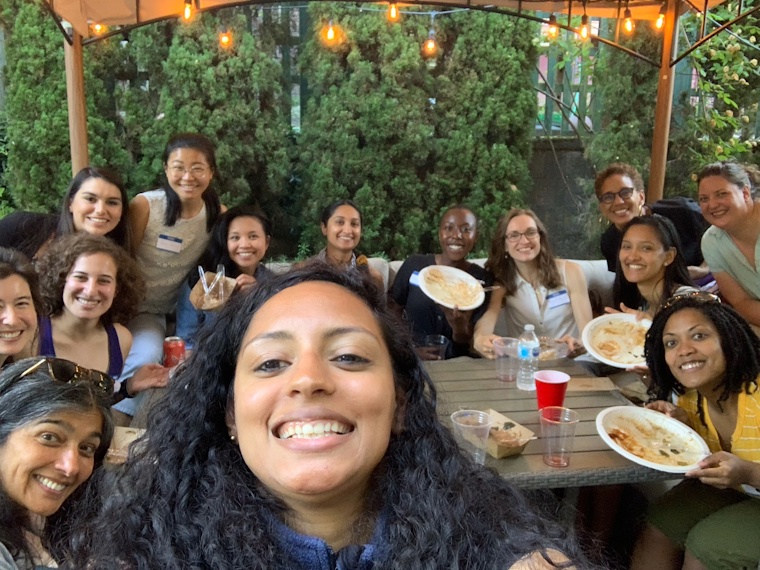Honoring Excellence: Q and A with Heather McPhillips, MD, MPH of the University of Washington and Seattle Children's Hospital
This interview is one in a series of interviews with recipients of the 2022 ACGME Awards. The awardees join an outstanding group of previous honorees whose work and contributions to graduate medical education (GME) represent the best in the field. They will be honored at the ACGME Annual Educational Conference, taking place virtually March 30-April 1, 2022.
The University of Washington (UW) and Seattle Children’s Hospital’s pediatric residency program in Seattle, Washington is one of four honorees receiving the ACGME’s Barbara Ross-Lee, DO Diversity, Equity, and Inclusion Award in 2022. Program director (through February 2022) and Associate Dean of Curriculum Dr. Heather McPhillips answered the ACGME’s questions about the outstanding measures this program has taken to foster diversity, equity, and inclusion.
ACGME: Can you tell us a little bit about your program?
Dr. McPhillips: The University of Washington and the UW Pediatric Residency program have a strong commitment to training a diverse housestaff in an inclusive and anti-racist environment. Our residency program has 135 residents in six different tracks and pathways.
ACGME: Why is your institution so dedicated to the concepts of diversity, equity, and inclusion?
McPhillips: There is no excellent patient care without equity. In order to provide the most outstanding patient care to all patients and cultivate the best training environment, we need to recruit and retain a diverse health care workforce.
ACGME: For what work are you specifically being recognized by this award?
McPhillips: Residency program initiatives around diversity, equity, and inclusion.
ACGME: Can you explain what that work looks like?
McPhillips: Beginning in 2005, our residency program has worked towards enhancing the diversity of our housestaff through innovative recruitment programs, including the first pediatric funded sub-internship for URiM [underrepresented in medicine] students, an active residency Diversity Committee with faculty mentorship, and a holistic review process for applications. Our housestaff went from <4 percent of URiM in 2005 to approximately 20 percent in 2021. We also developed a longitudinal curriculum aimed at creating an inclusive and anti-racist/anti-discriminatory learning environment (“INCLUDE”). Residents spend 20-25 hours per year in curriculum around addressing microaggressions, structural and historical racism, equitable health care, and mitigating bias. We have multiple residency tracks that aim to improve health care for communities that may be under-resourced, including our Alaska Primary Care Track, our REACH pathways in global and community health, and our health equity track.
ACGME: How has this work/initiative helped make your institution more diverse and/or inclusive?
McPhillips: Our work has led to a more diverse faculty; many of our graduates who are URiM are in leadership positions within the institution.
ACGME: How could others use your work/initiative as a model to become more diverse and inclusive? What advice do you give to GME leaders who are looking to do just that, but aren’t sure how to start?
McPhillips: This can be a slow process. Prioritizing recruiting a diverse health care workforce is paramount. Retention of a diverse workforce should include significant attention and resources towards creating an inclusive environment. This takes institutional commitment and should be adequately funded to succeed. This includes institutional commitment towards faculty FTE, trainee stipends, training on historical and structural racism, and strategic priorities of becoming anti-racist.
ACGME: Is there anything you would like to add that we haven’t already asked about?
McPhillips: Thank you for having this award!
Learn more about the ACGME’s Barbara Ross-Lee, DO Diversity, Equity, and Inclusion Award and nominate a deserving individual for the 2023 Award – nominations are due by April 6, 2022.










